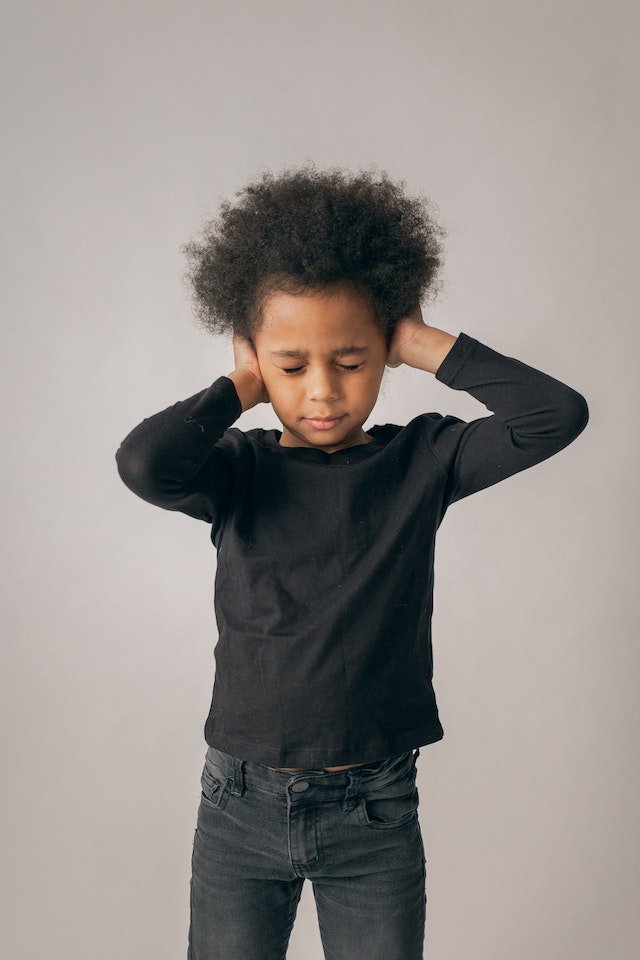How to Tell If Your Child is Highly Sensitive?
Sometimes we notice our children’s behavior and label them “shy” or “fussy”. They may not like to eat the foods everyone else in the family is eating. They may complain that their clothing is scratchy, or that the restaurant is too loud, if they enter into a restaurant at all. They seem to have big feelings and often these explode into emotional tsunamis.
Perhaps well-meaning adults have commented that other children got used to it and yours will too, or that your child isn’t behaving “normally”, or is perhaps too sensitive. If these sound familiar to you, you may have a Highly Sensitive Child (HSC). You can answer a questionnaire here http://hsperson.com/test/highly-sensitive-child-test/to find out.
High Sensitivity is a trait that is present in about 20% of the population (see the blog on this topic at http://coherenceassociates.com/what-are-highly-sensitive-people-and-how-do-i-know-if-i-am-one/). It simply means that a persons’ senses such as smelling or feeling are especially strong, and subtle shifts or cues can be detected. Highly sensitive people also experience things deeply, processing lots of information, and feel empathy for others.
This trait can be very helpful as a species when 20% of the population can detect subtleties in the environment, so this isn’t a curse or a defect in your child- it is an evolutionary blessing. Deep thinkers and gifted folks are often highly sensitive. However, all of this sensory input can get to be too overwhelming, and that tends to be the point at which it is hard to see it for the blessing it is. So what does that mean for a parent of a Highly Sensitive Child (HSC)?
To begin with, it is vitally important that you be the “container” for your child. They experience things more intensely so be there for them and let them have their feelings. This is important so I will write it again- let them have their feelings. Believe them when they tell you how they feel. You can keep them safe and remind them what the rules are after they have calmed down. Try not to leak negativity, show disappointment, or label them as being “difficult”.
They will internalize this message and it will help define them as a person, but not in a positive way. This brings up an important aspect of raising an HSC- they may have more problems with self-esteem because of picking up on all the cues and processing them so deeply. So nurturing self-esteem and finding ways to talk about sensitivity positively, especially around others, can help you raise a joyful and confident child.
And when being the container for their big feelings, you may need to take care of yourself more so that you can show up for them consistently. This can be difficult if you are highly sensitive yourself. Remember the directions from any flight you’ve ever taken- secure your face mask first, then help someone else. You will be of little help to your child if you are going off the deep end with your own feelings.
When it comes to preventing meltdowns and emotional tsunamis, the key is just that- prevention. Make sure your highly sensitive little one has eaten and gotten enough rest, because these factors play a big role in how ready an HSC is to take on tasks. One rule Dr. Aron includes in her book on parenting an HSC is no more than two errands in a day. Life may not always accommodate that rule, but as a parent it is a good idea to keep in mind and try to stick to, or else be warned that completing all your tasks in one day may come with some emotional protesting (read meltdown!). By keeping prevention in mind, you and your child can stay in the window of tolerance, the optimal window of arousal, without getting too overwhelmed, overstimulated, or over IT!
For more help with parenting your Highly Sensitive Child, you can check out Dr. Aron’s book, The Highly Sensitive Child: Helping our Children Thrive When the World Overwhelms Them, or visit her website HSPerson.com. Another helpful website is familyfeelings.today which offers support and information from other highly sensitive families. You might also want to speak with a therapist about your or your child’s experience. You can call Coherence Associates at 760–942–8663 to speak with someone who can assist you in getting the help that you need.

